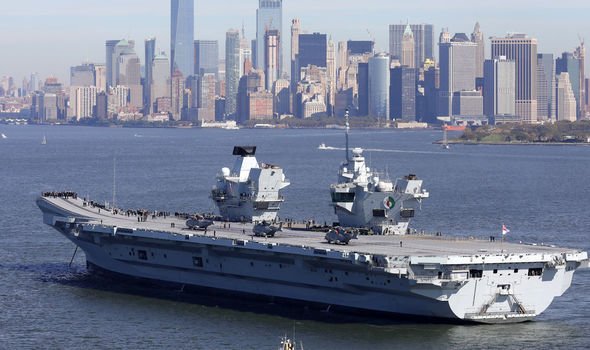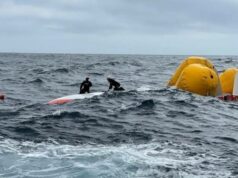Karachi-bound ship held in Gujarat : cargo can be used in missiles

Worker rest in front of a cargo ship at a port in Gujarat.
The spectre of nuclear proliferation between China and its all-weather ally Pakistan was revived this month when Indian Customs officials detained a ship — bearing a Hong Kong flag and bound for Port Qasim in Karachi — for wrongly declaring an autoclave, which can be used in the launch process of ballistic missiles, as an industrial dryer.
The ship, intercepted on February 3, is undergoing a detailed inspection at Kandla Port in Gujarat. The Defence Research and Development Organisation (DRDO), which has been examining the ship, is sending a second team of nuclear scientists this week to check the large autoclave on board.
The ship, which left Jiangyin port on the Yangtze river in China’s Jiangsu province, dropped anchor at Kandla, and was bound for Port Qasim. The detention of the vessel has been brought to the notice of the highest levels of national security establishment and the intelligence agencies.
Though national security officials and the external affairs ministry declined to share details of the ship, HT has learnt that it is named Da Cui Yun and carries a Hong Kong flag.
The vessel was intercepted on the basis of intelligence tip-off, and one DRDO team has already inspected the 18×4-metre autoclave on board. The autoclave – a pressure chamber to carry out various industrial and scientific processes — has been prima facie certified as a “dual-use” item, which means it can be used for civilian and military purposes.
A second high-level DRDO team of missile scientists will go to Kandla port on Monday to further examine the cargo, according to an official who asked not to be named. If this team upholds the findings of the first team, Customs will seize the cargo, and charge the vessel and its owners for violations of Special Chemicals, Organisms, Materials, Equipment and Technologies (Scomet) export regulations.
id fuel is placed in a steel alloy casing, which needs a composite material liner to withstand the high pressure and high temperatures during the launch process. An autoclave is used to manufacture sheets of silica under controlled temperature and pressure, so that they can be used as liners.



